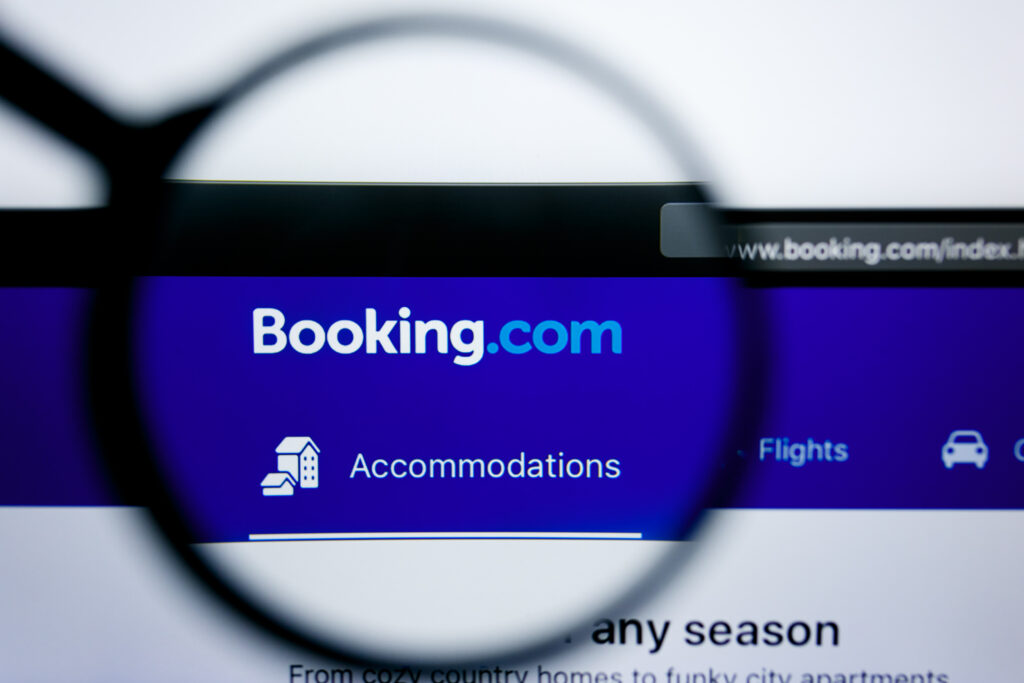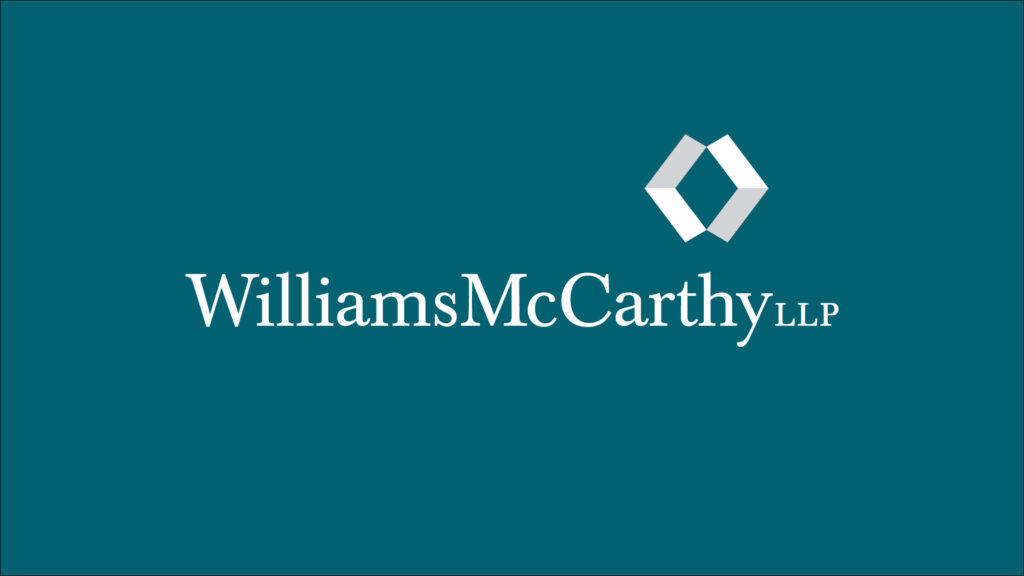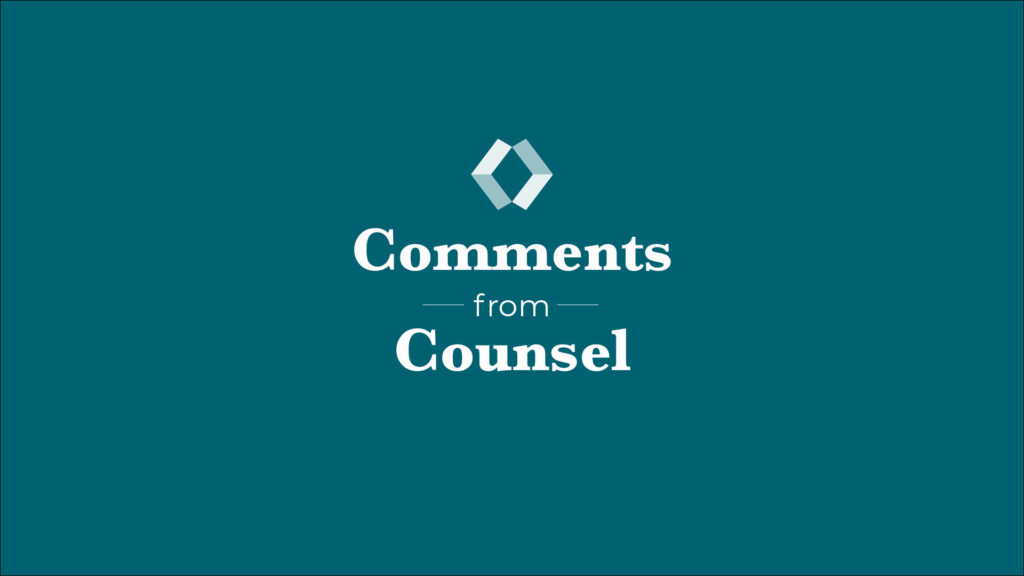[vc_row][vc_column][vc_column_text]Recently, the Supreme Court settled a long-standing debate over trademarking generic domain names (“generic.com”). In United States Patent and Trademark Office v. Booking.com, the Court ruled 8-1 in favor of Booking.com, the famous online hotel reservation service, finding that the combining of the generic terms ‘booking’ and ‘.com’ form a protectible mark because of Booking’s distinctiveness. Usually, these generic terms are not protectible. The decision hinged on touchstones of trademark protection, protecting customers and preventing confusion as to the source of the good or service. The Court found that since consumers do not see ‘Booking.com’ as generic, the domain name is not generic.
Despite the decision, ‘generic.com’ names are not automatically non-generic and protectible. The court’s ruling will benefit domain applicants that can easily establish a brand presence to prove that consumers do not see the potential mark as generic.
The Lanham Act, which governs trademarks, provides, “[t]he primary significance of the registered mark to the relevant public . . . shall be the test for determining whether the registered mark has become the generic name of goods or services.” Booking submitted a survey to the lower court where 74.8% of survey participants saw Booking.com as a brand name and not generic.
Of note, Booking.com and other generic.com names will be conceptually weak trademarks, meaning that others can come close to having the same domain name without infringing under fair use. It remains unclear how this will affect trademark litigation and if brands holding these marks will aggressively pursue enforcement. Additionally, there are questions regarding how exclusive a ‘generic.com’ mark will be and the possibility that third parties can skirt protections because the mark’s potential weakness. The Court acknowledged two conflicts raised by the Trademark Office, booking.com versus ebooking.com and hotel-booking.com, but did not indicate how the conflict would be resolved.
It is also unclear how the Trademark Office will determine whether a ‘generic.com’ yields additional meaning to consumers capable of satisfying the public perception requirements. Meeting the burden will likely require evidence of sales, advertising costs, surveys, market research, consumer reaction studies, and/or non-advertising media coverage. A trademark applicant cannot submit its evidence of distinctiveness under seal even if the information is commercially sensitive.
Further, this analysis may not end at domain names as the standard could extend into the realms of social media and influencers, video game streaming and gamer tags, and content creation. The Booking.com ruling could lead to trademark protections for @generic, #generic, generic.ttv, [fb.gg]generic, and the like. If the applicant can show that their combination of generic terms distinguishes their mark from competitors, this decision leaves open a chance of registration.
In general, having a registered domain name for your company’s website does not necessarily mean you have trademark rights on that web address. Before Booking.com, the USPTO had a stringent approach to the registration of ‘generic.com’ marks that made it difficult to register many domain names. However, the Booking.com decision changes the trademark registration landscape and could lead to increased registration of internet marks.
For more information on trademark basics visit Joel Huotari’s publication “Trademarks 101 – What Every Business Owner Should Know.”[/vc_column_text][/vc_column][/vc_row][vc_row][vc_column][vc_empty_space][/vc_column][/vc_row][vc_row][vc_column][vc_column_text][/vc_column_text][/vc_column][/vc_row]






